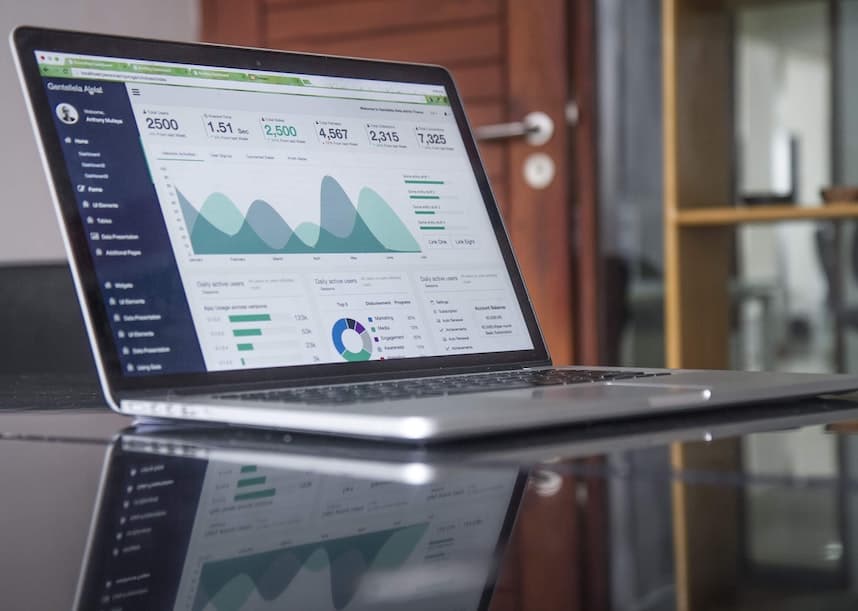Business is good for website builders. As the lockdowns unfolded, many SMBs scrambled to establish or upgrade their digital presence. Business owners suddenly had to compete in an online-selling, home-delivery, curbside-pickup, and contactless-payments environment.
Website builders have benefitted from this disruption. But to do so they’ve had to innovate at an insane pace.
This week alone we’ve covered Wix’s new eCommerce suite that includes a native payments solution. Also this week, we learned that Yola has launched Sitebuilder+, a brand new platform that includes the ability to build a fully functional business website from any device.
DIY a Key Entry Point for SMBs
Mono Solutions has added to the parade of new solutions with a DIY lead generation platform. This new tool helps Mono’s resellers use a do-it-yourself website offer to fill their funnels. The idea is to create more opportunities to sell higher-value do-it-with-me (DIWM) and do-it-form-me (DIFM) solutions as a lower cost of acquisition.
Joint research by Localogy and Mono Solutions found that DIY is an important channel for establishing small-business relationships. In fact, 36% of SMBs with websites said they used a DIY site builder.

The Evolution of Sales
We asked Mono’s Chief Commercial Officer Kim Mortensen for some color on the new solution. The rationale for the lead gen tool came down to sales efficiency and adapting to new ways to acquire customers. The pandemic crisis has accelerated some of these changes.
“As the market for websites gets more competitive, it’s important to look at the cost of customer acquisition and also the connected services to be able to differentiate the overall offering.” Mortensen said. “We want to empower our partners to build and fully control their own lead funnels and ensure a steady stream of new customers and leads with a profitable lifecycle value.”
The core idea behind using DIY has a lead generation channel is to increase the funnel for higher-value prospects. After all, many DIY customers evolve into DIWM prospects as their businesses grow and needs evolve.
“With many of our partners coming from a DIFM background, we also see DIY as an excellent upsell path. It bridges the gap between the desire to have control and the need for professional digital assistance,” Mortensen said. “Many small business owners start out thinking that they have the time or skills for a DIY website. But they realize at a later point that their preferred model is really to work hand-in-hand with a digital service provider that guides them on the path to digital success.”
Crisis Reveals Importance of E-channels
The pandemic has also created pressure to find new ways to support sales as face-to-face selling has become impossible.
“With the COVID-19 crisis, I think it has proved the importance of having a 100% digital channel,” Mortensen said. “Field sales teams have been brought to an immediate halt. And small businesses have gone online to find the digital products that they need. Establishing a digital sales funnel will be crucial to capturing small business owners that are looking to take control and begin the journey of building their website on their own. ”





